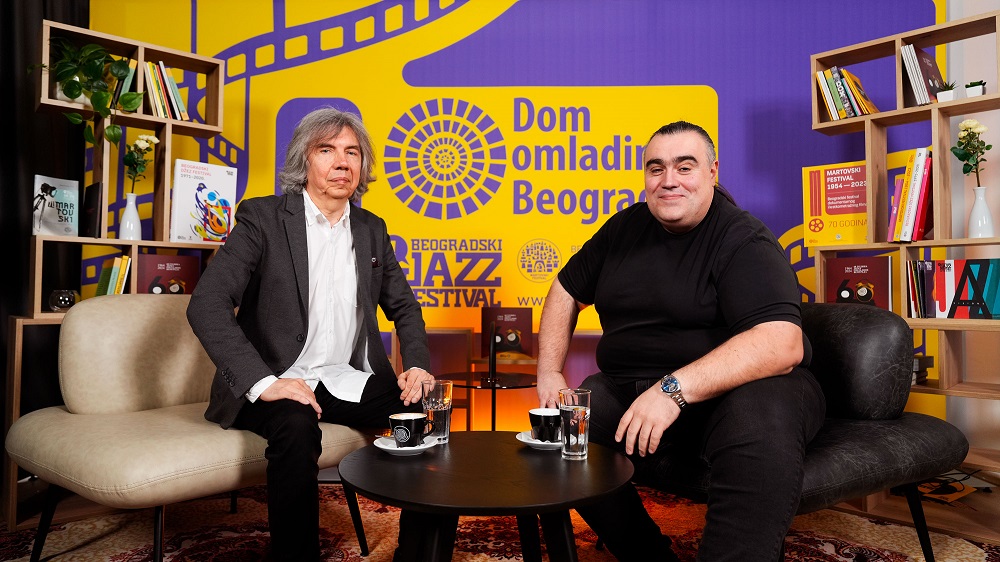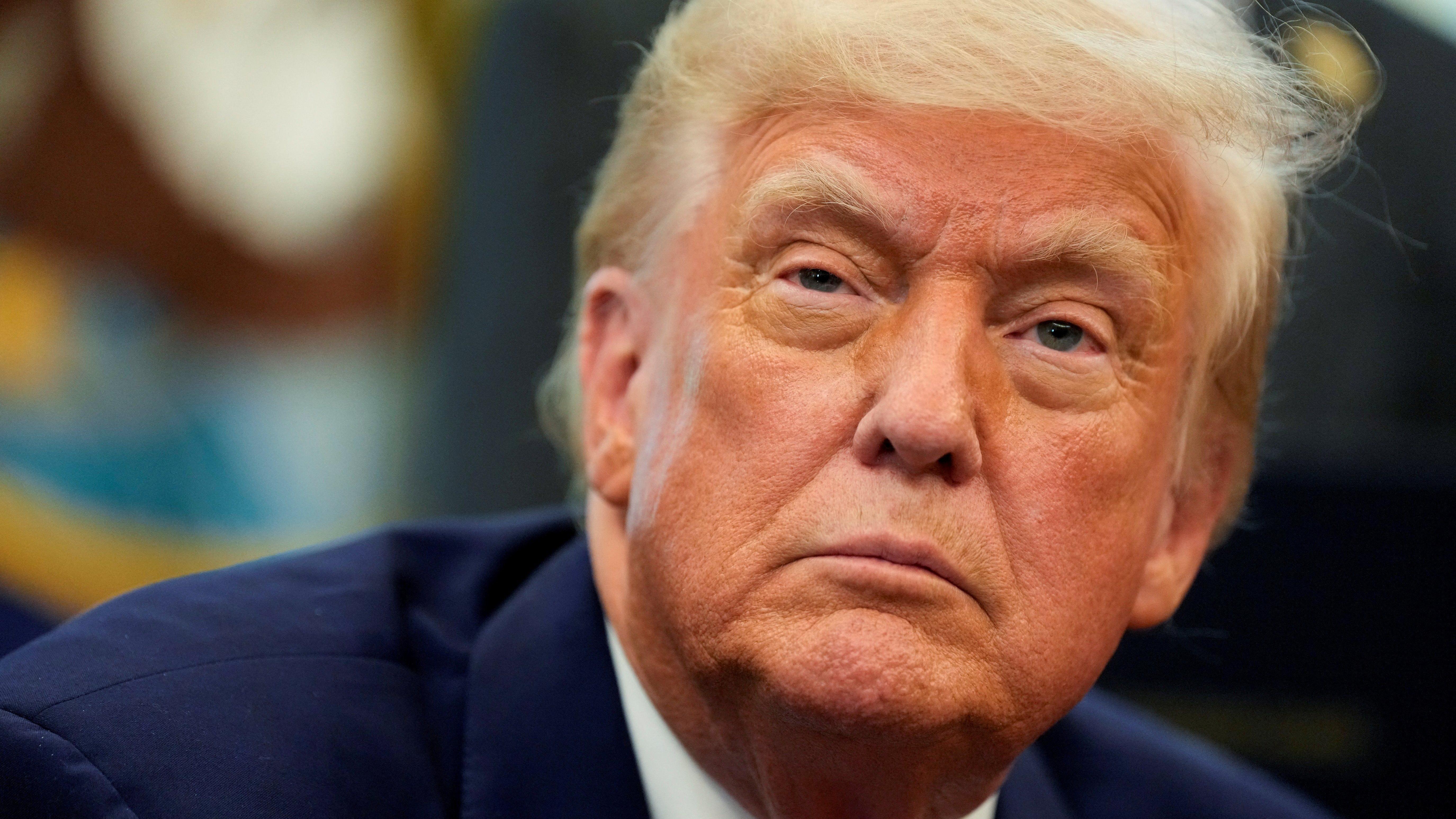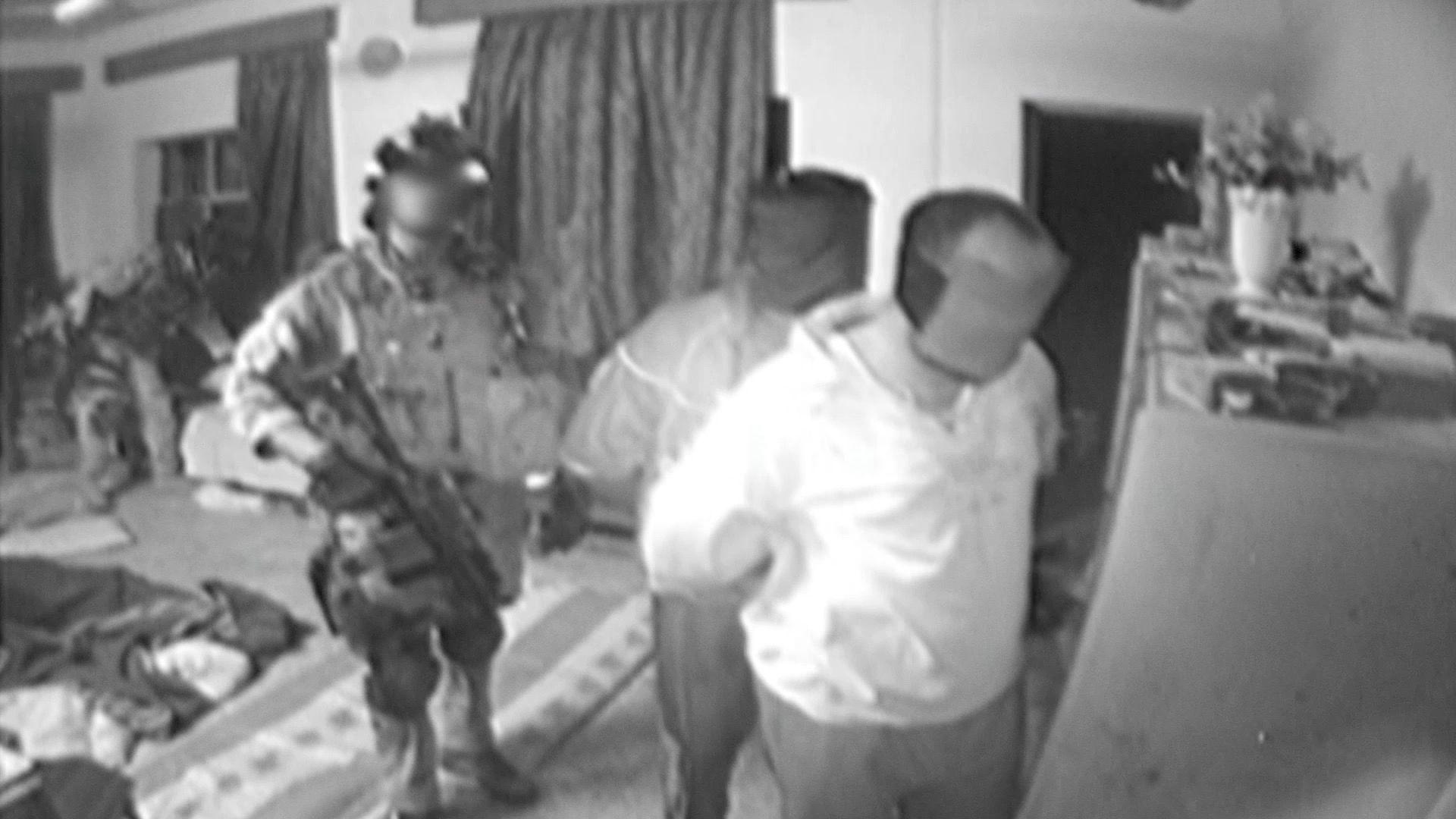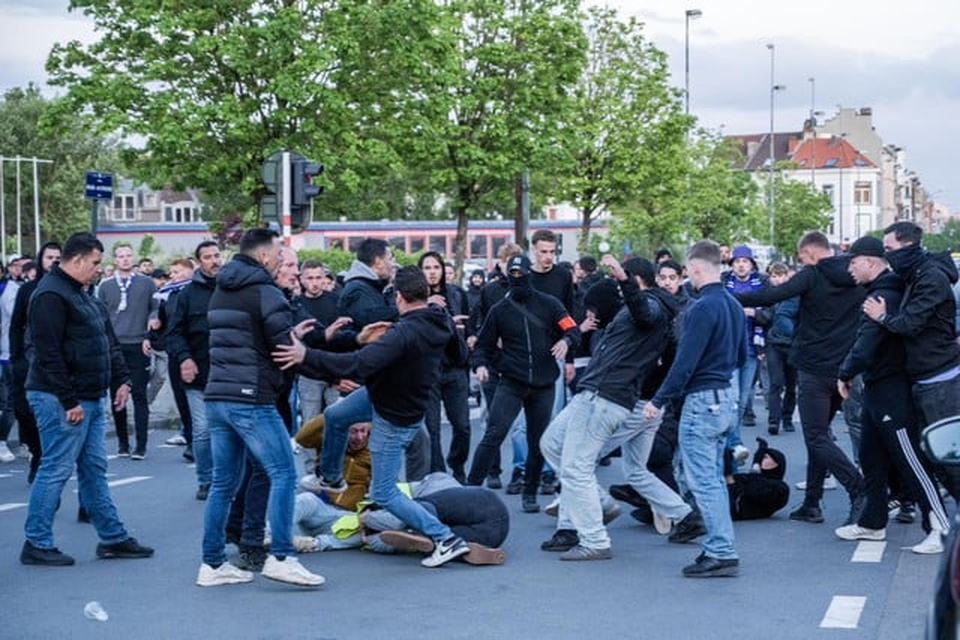Kurdish rebels, Turkey opponents: Let’s take the weapon and disbanded – BBC News in Serbian
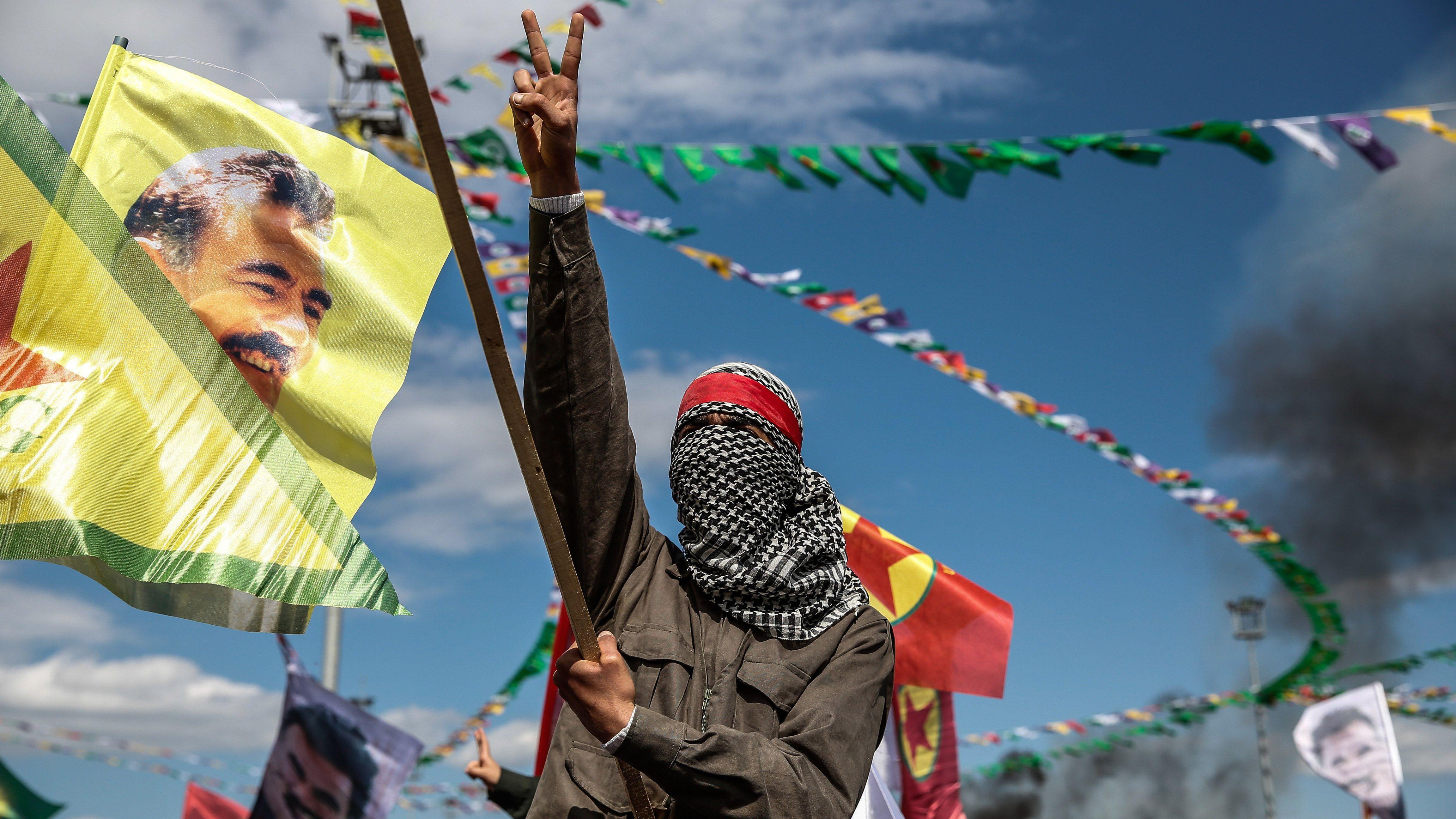
Forbidden Kurdish Group PKK – Radnička Partija Kurdistan – which 40 years lead an uprising against Turkey, it announced that he took weapons and dissolve.
This move followed a call in February of the Closed Group leader, Abdullah of Debt, to dissolve.
The PKK rebellion originally aimed to create an independent homeland for the Kurds, which make up about 20 percent of the population in Turkey.
But since then she walked away from separatist goals, focusing instead of more autonomy and greater Kurdish rights.
More than 40,000 people were killed since the beginning of the rebellion.
PKK, forbidden as a terrorist group in Turkey, the European Union, the United States, announced that « she completed its historical mission » and will « end the method of armed fighting ».
From now on, the Kurdish question « can be solved through democratic policies, » a group said in a statement published at the news agency anf, which she was inclined.
In February, the 76-year-old sentence called on his movement to pass the weapon and dissolve.
The PKK leader is in the Samilica in prison on the island in the marble sea, southwest of Istanbul, since 1999.
In February, he wrote a letter from prison in February in which he said that « there is no alternative to democracy in the aspirations and realization of the political system. Democratic consensus is the basic way ».
It is not clear what will be committed and its supporters will be obtained in return, but there are speculations that it could be conditionally released.
Kurdish politicians hope for a new political dialogue and road to greater Kurdish rights.
Both sides had their own reasons to reach an agreement now.
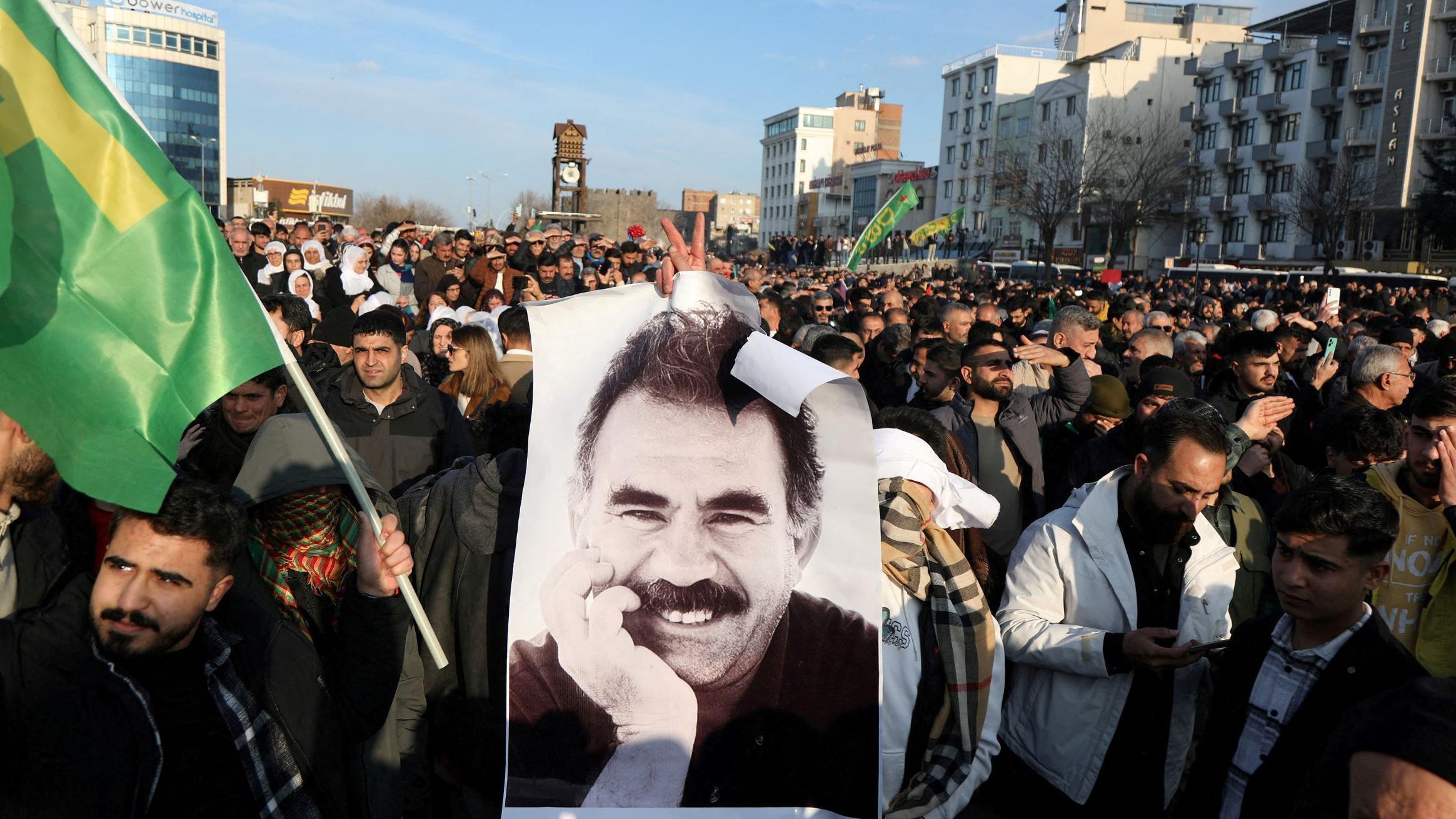
The Turkish army has applied fierce PKK blows in recent years, regional changes made it difficult for them to work in Iraq and Syria, and their associates.
Turkey’s President Rexhep’s President Tajip Erdogan needs support for procurition political parties if she wants to run again at Turkey’s next presidential election, which are scheduled for 2028.
The decision on dissolution was an important step towards « Turkey without terror », and the process would follow the state institutions, the Erdogan’s spokesman for Reuters said.
Vintrop Rogers, from the International Analytical Center Čata Haus, said that the « great democratic transition of Turkey » will be needed to meet the requirements of Kurdish political parties.
There was a « certain good will » of some Turkish leaders in recent months, Rogers said, which allowed the dissolution of the PKK.
« But whether it applies to great changes needed to ensure a lot of Kurdish participation in politics and society, it is far less clear, » he added.
« In many ways, the ball is on the Turkish side of the yard. »
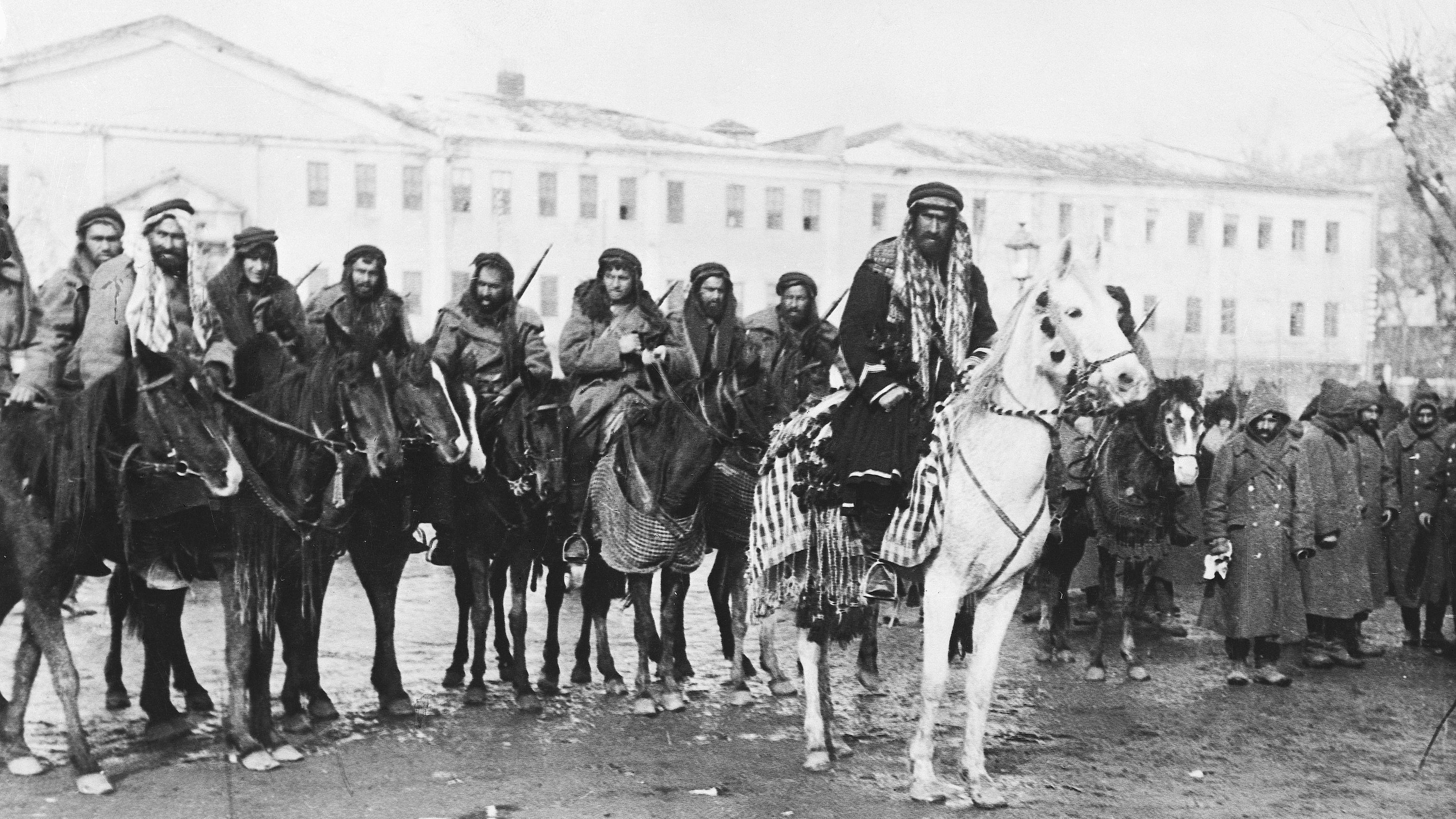
Who are the Kurds and why they don’t have a national state?
Kurds are one of the indigenous peoples in the mountains and plains of Mesopotami, which extend in southeastern Turkey, northeastern Syria, Northern Iraq, Northwestern Iran and Southwestern Armenia.
It is estimated that there are between 25 and 35 million Kurds in this area.
They are the fourth largest ethnic group in the Middle East (after Arabs, Persians and Turks), but do not have their own national state.
For hundreds of years, Kurds lived under the rule of the Ottoman Empire.
When it failed at the end of the First World War, many Kurds began to think about creating their own homeland, often called « Kurdistan ».
The winning Western allies said that could happen in the seducation agreement from 1920. years.
Watch the video: From the Ottoman Empire to Erdogan
Why does Turkey look at the PKK as a threat?
The Kurds make up between 15 and 20 percent of the Turkish population.
In response to the uprising of the 1920s and 1930s, many Kurds have been moved, Kurdish names and costumes are prohibited, the use of Kurdish language is limited, and even the existence of Kurdish ethnic identity is negated.
They are also marked as ‘mountain turks’.
Abdullah Excellent, left-wing political activist from Southeast Turkey, founded PKK in 1978. years and she requested an independent state within Turkey.
The group was 1984. started the armed fight.
Since then, about 40,000 people were killed in Turkey and in the areas of Syria and Iraq near Turkish boundaries as a result of the struggle between PKK and Turkish security forces.
Hundreds of thousands of people were displaced within Turkey.
The PKK was declared a terrorist group in Turkey, USA, UK and EU countries.
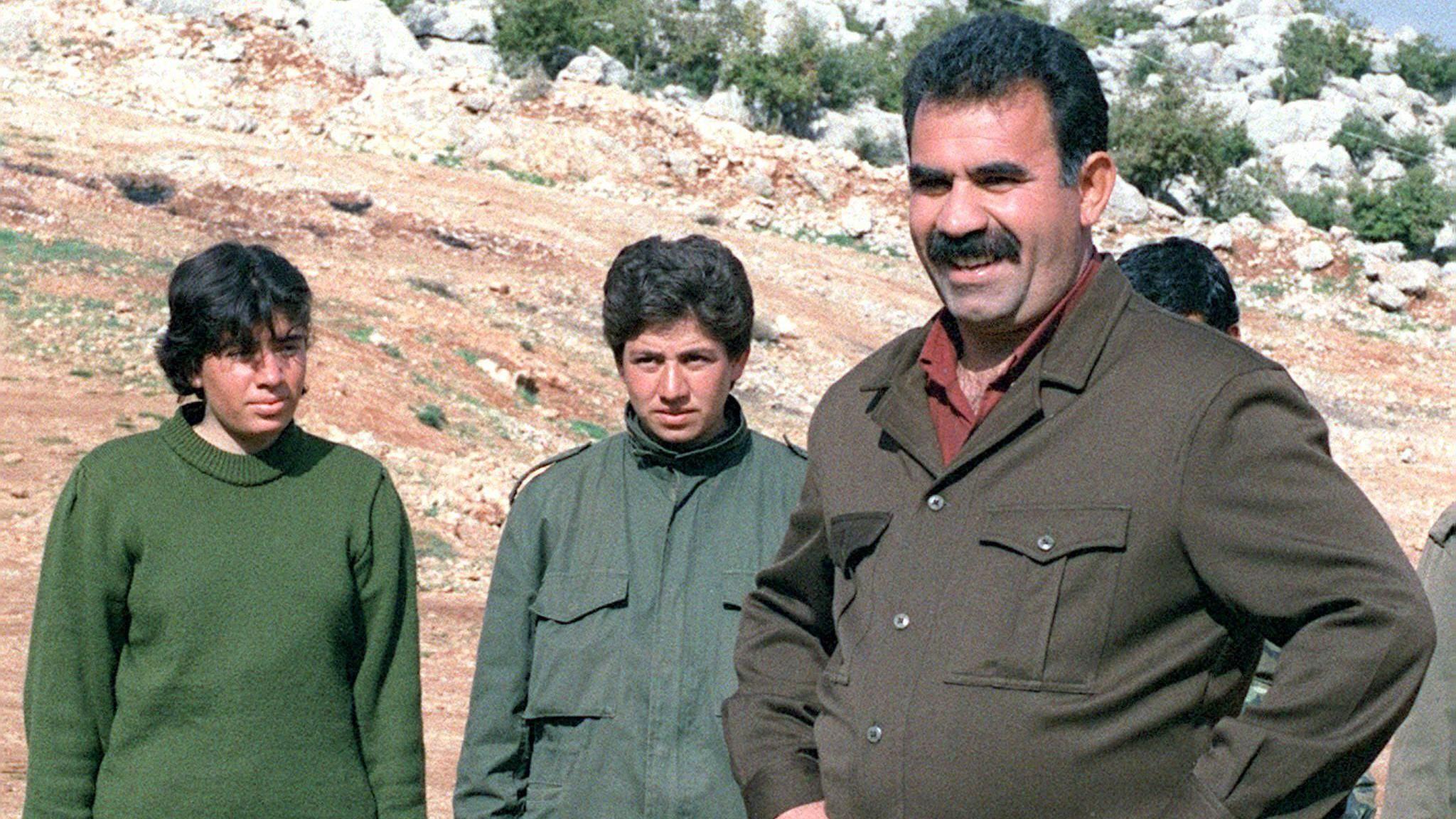
Was the PKK formerly trying to make peace agreements?
The PKK suffered a large blow in 1999. year when its leader Abdullah was dried and closed due to betrayal.
Soon after, the PKK published a five-year-old one-sided ceasefire and tried to change the image, becomes more receptive and incrediemic politics.
It is called for a role in Turkey’s politics, several cultural rights for the Kurdish population in the country and the release of closed PKK members.
Turkey refused to negotiate with her and offered only a limited amnesty to her members.
Between 2009. and 2011. PKK and Turkish government have led secret talks in Norway, but they failed.
In March 2013, Demalan announced further ceasefire, and called forces PKK to withdraw from Turkey.
However, this agreement has failed in July 2015. years.
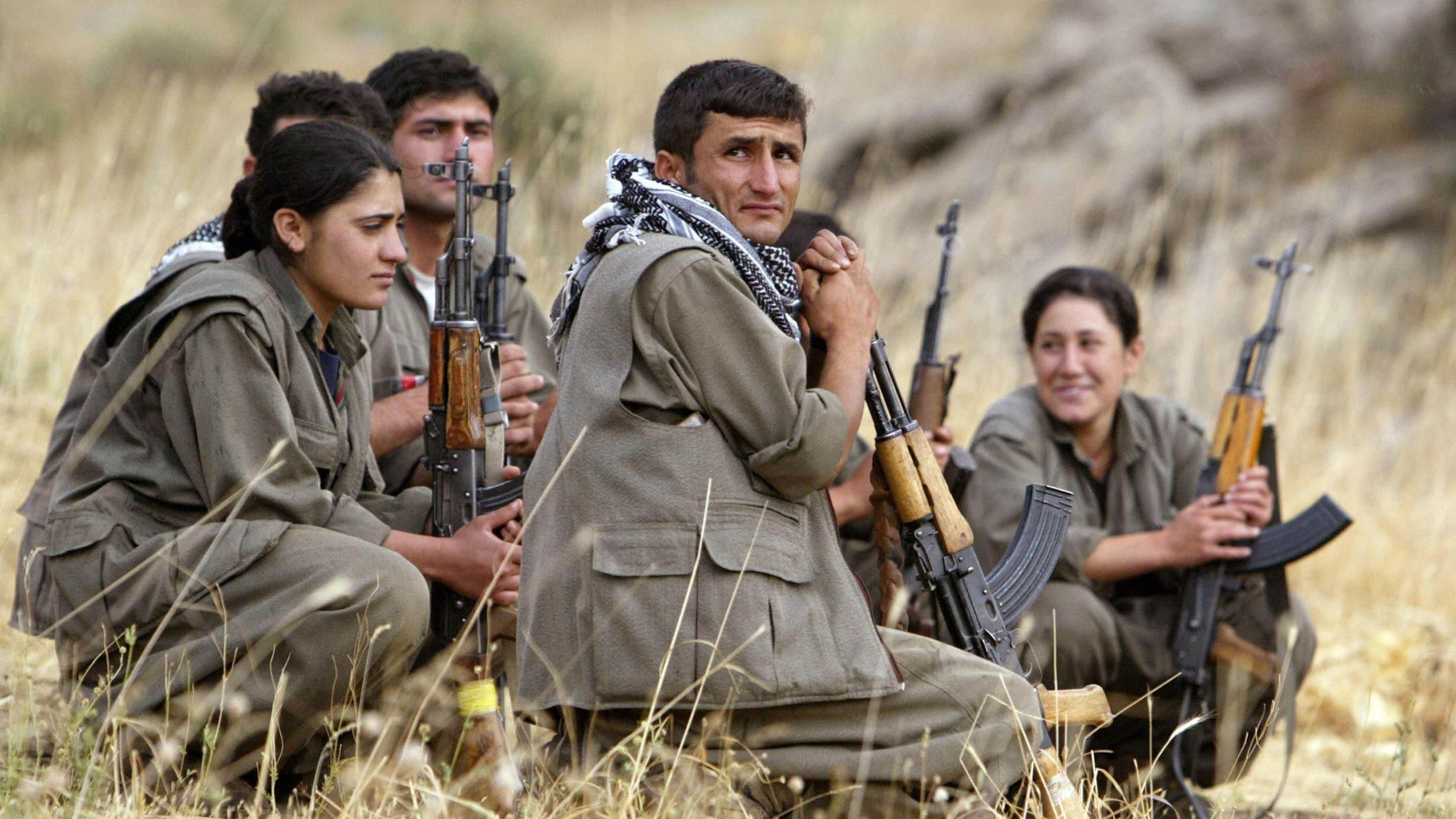
Since 2015. years, more than 7,000 people were killed in the conflicts of Turkish security forces and PKK fighters in Turkey and Iraq, states a crisis group, research organization.
The struggles were especially difficult in 2015. and 2016. years, were mainly in southeastern Turkey.
By 2019, the Turkish security forces have pushed many members of the PKK from the country, and most of the fights have switched to the autonomous region of Kurdistan in Northern Iraq and Northern Syria.
In Syria, Turkish troops (together with the Allied Militi called Syrian National Army) Falls against the National Defense (IPG) led by Kurds, which Turkey considers Syrian Wing of PKK.
Since October 2024. The Turkish Government, together with Devlet Bahčeli, leaders of the extremely right-wing party of the nationalist movement, leads conversations with PKK, who included visits in prison on the island of Imrali, a strictly guarded marble sea prison.
Watch the video: Why Turkey Works against Kurds in Syria
The BBC in Serbian is from now on and on the morning, follow us Here.
Follow us on Facebook, Twitter, Instagram and Vajiberu. If you have a topic suggestion for us please contact (Email Protected)

